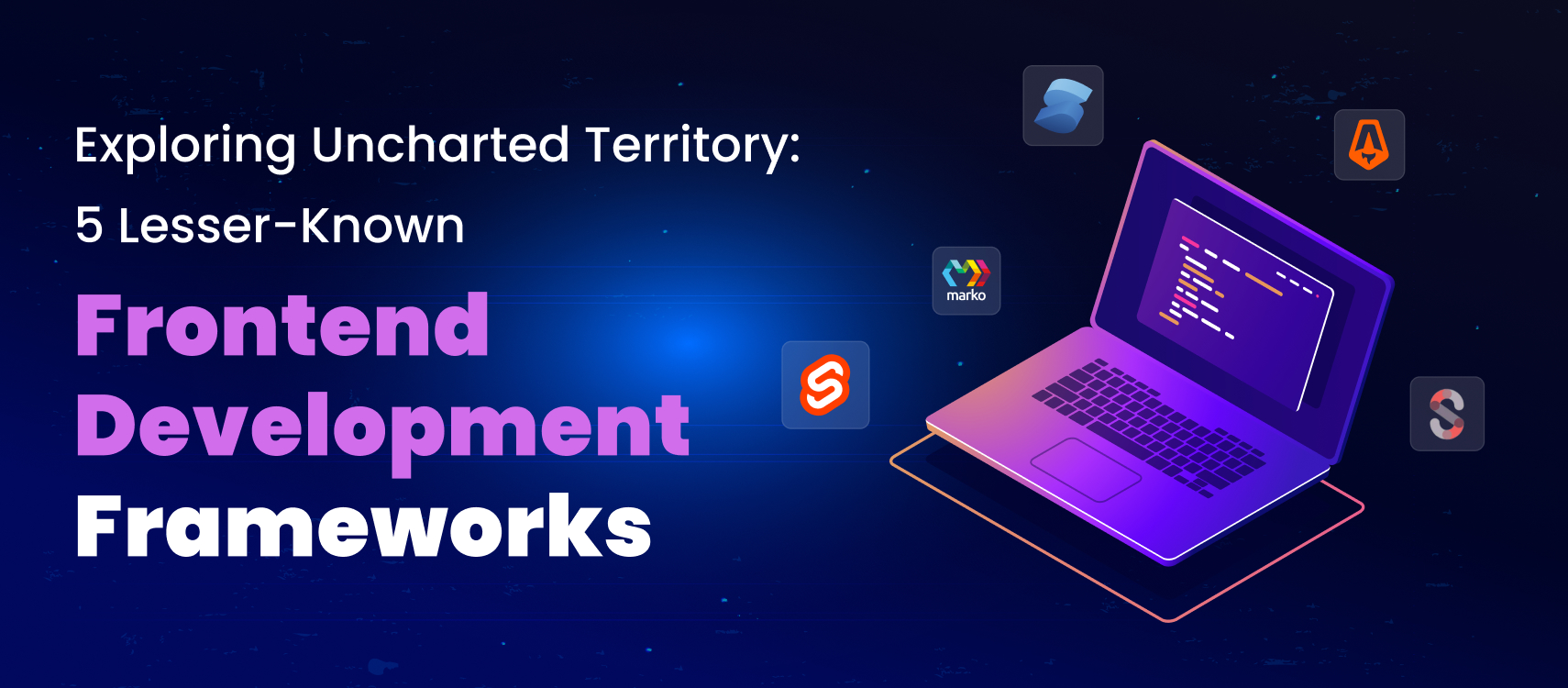Table of Contents
- Retail Industry
- Software Development Potential
- Challenges and Opportunities
- Transformative Use Cases
- Ending Notes
The world of technology is on the brink of a profound transformation, with quantum computing emerging as a game-changer that promises to reshape the landscape of software development. As classical computing approaches its physical limits in terms of processing power and speed, quantum computing holds the potential to unlock unimaginable computational capabilities.
Here throughout this blog, we will explore the fascinating intersection of quantum computing and the future of software development, exploring how these two domains are intricately connected and the implications they hold for the technological landscape.
Retail Industry
The retail sector has experienced a significant transformation with the advent of mobile apps. Retailers who have embraced mobile app development have witnessed increased customer engagement, enhanced brand loyalty, and improved sales. Some key reasons why mobile apps are vital for the retail industry include the following.
The Potential for Software Development
The introduction of quantum computing has far-reaching implications for software development across various domains. One of the most significant areas of impact is cryptography. Quantum computers have the potential to break traditional cryptographic methods, such as RSA and ECC, by efficiently factoring large numbers, threatening the security of current digital systems. Consequently, software developers will need to embrace quantum-resistant encryption techniques to safeguard sensitive data in a post-quantum era.
Optimization problems, which are prevalent in fields like logistics, finance, and manufacturing, stand to benefit immensely from quantum computing. Complex optimization tasks that would take classical computers an inordinate amount of time to solve could be executed significantly faster using quantum algorithms. This could lead to more efficient supply chains, improved portfolio management, and enhanced drug discovery through the optimization of molecular structures.
Challenges and Opportunities for Software Developers
While the potential benefits are enormous, the marriage of quantum computing and software development is not without its challenges. Quantum computing is notoriously sensitive to errors due to the delicate nature of qubits. Researchers are actively working on developing error correction techniques to mitigate these challenges and make quantum computing more reliable.
However, this presents a unique opportunity for software developers to create tools and frameworks that facilitate quantum error correction and enhance the development process. Quantum simulators and quantum programming languages, such as Qiskit and QuTiP, are already emerging to empower developers to write and test quantum algorithms.
As the quantum workforce grows, software developers will need to acquire a new skill set that encompasses quantum mechanics, linear algebra, and quantum algorithms. Online platforms, workshops, and courses are starting to offer resources to help developers make the transition.
Transformative Use Cases of Quantum Computing in Software Development
In our previous discussion, we touch upon how quantum computing is set to revolutionize software development across various domains. Let’s try to scratch the surfaces of some specific use cases where the capabilities of quantum computing are poised to make a significant impact.
-
Molecular Science and Drug Discovery:
Quantum computing’s ability to simulate and model complex molecular interactions holds immense promise for material science and drug discovery. Traditional methods struggle to accurately predict the behavior of molecules and materials at a quantum level. Quantum computers can simulate these interactions more efficiently, enabling researchers to accelerate the development of new materials, drugs, and chemical compounds. This could lead to breakthroughs in renewable energy, pharmaceuticals, and nanotechnology.
-
Financial Modeling and Risk Analysis:
The financial industry deals with massive amounts of data and complex mathematical models. Quantum computing’s speed and capacity for complex calculations could revolutionize financial modeling, enabling more accurate risk assessment, portfolio optimization, and options pricing. Quantitative analysts and software developers can collaborate to design quantum algorithms that streamline financial operations and enhance decision-making processes.
-
Artificial Intelligence and Machine Learning:
Quantum computing has the potential to supercharge AI and machine learning algorithms. Quantum-enhanced optimization can lead to better feature selection, hyperparameter tuning, and model optimization. Moreover, quantum machine learning algorithms can process and analyze large datasets more efficiently, enabling the creation of more accurate and insightful AI models. This synergy between quantum computing and AI has the potential to drive advancements in natural language processing, computer vision, and recommendation systems.
-
Supply Chain and Logistics Optimization:
Optimizing complex supply chains involves solving intricate routing and scheduling problems. Quantum algorithms excel at solving optimization problems, and this advantage can be harnesse to enhance supply chain efficiency. Software developers can collaborate with supply chain experts to create quantum-powered solutions that optimize routes, minimize transportation costs, and improve inventory management.
-
Climate Modeling and Environmental Impact Analysis:
Addressing climate change requires precise modeling of Earth’s climate systems. Quantum computing’s computational prowess can be harnessed to simulate complex climate models, aiding researchers in predicting climate patterns, sea-level rise, and extreme weather events. Collaborative efforts between climate scientists and software developers can lead to the creation of quantum algorithms that significantly advance our understanding of environmental changes.
-
Genomic Analysis and Healthcare:
Genomic analysis involves processing vast amounts of genetic data to understand diseases, identify biomarkers, and develop personalized medicine. Quantum computing’s ability to handle large datasets and perform complex pattern recognition could accelerate genomic research. Developers can work alongside medical researchers to design quantum algorithms that enhance genomic analysis, leading to breakthroughs in disease diagnosis and treatment.
-
Encryption and Cybersecurity:
While we briefly mentioned cryptography in the introduction, it’s worth emphasizing its importance in the context of quantum computing. Quantum computers pose a threat to classical encryption methods, but they also offer the potential for quantum-safe encryption techniques. Software developers and cybersecurity experts can collaborate to develop and implement quantum-resistant cryptographic protocols, ensuring the security of digital communication and transactions.
Ending Notes
As quantum technologies mature, software developers will need to adapt and embrace new tools, languages, and paradigms to harness the full potential of quantum computing. The journey ahead is exciting and challenging, but it holds the promise of unlocking unprecedented computational power and transforming the way we approach complex problems across industries.










